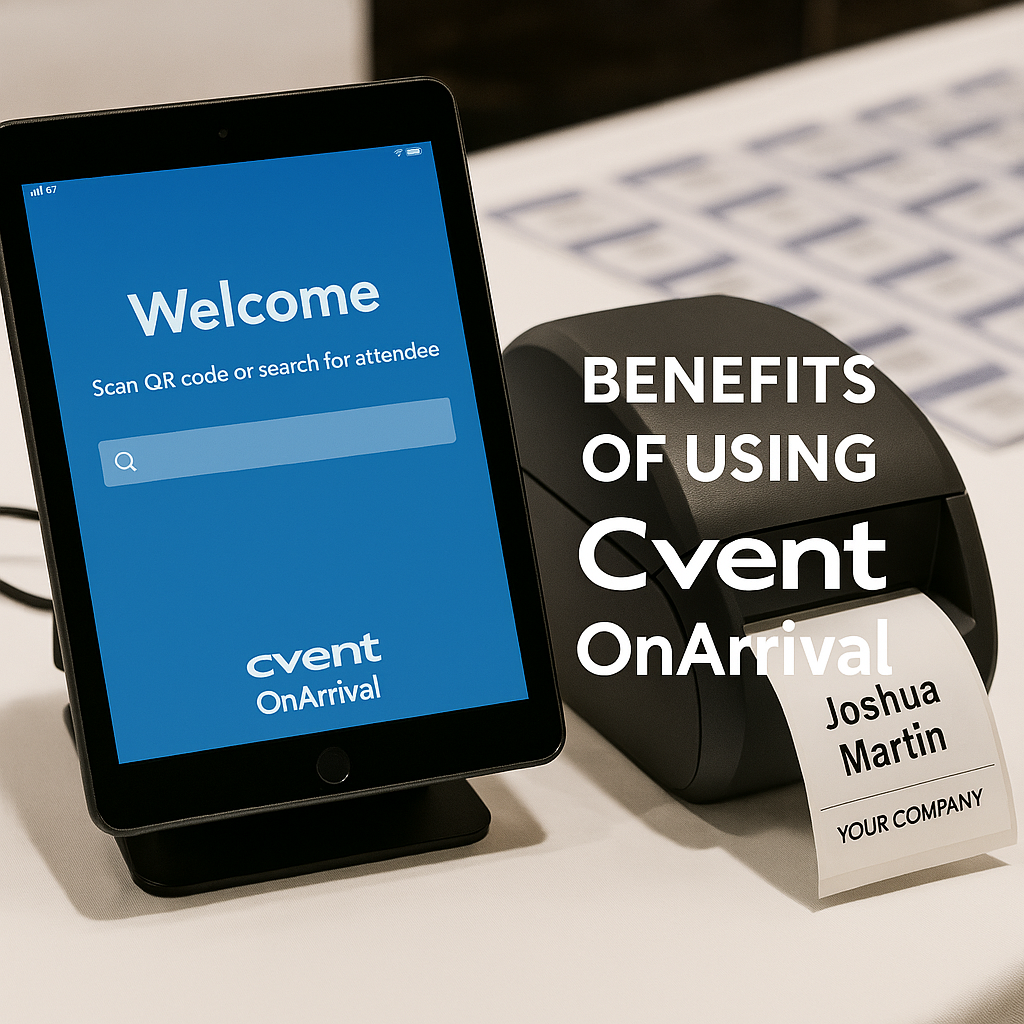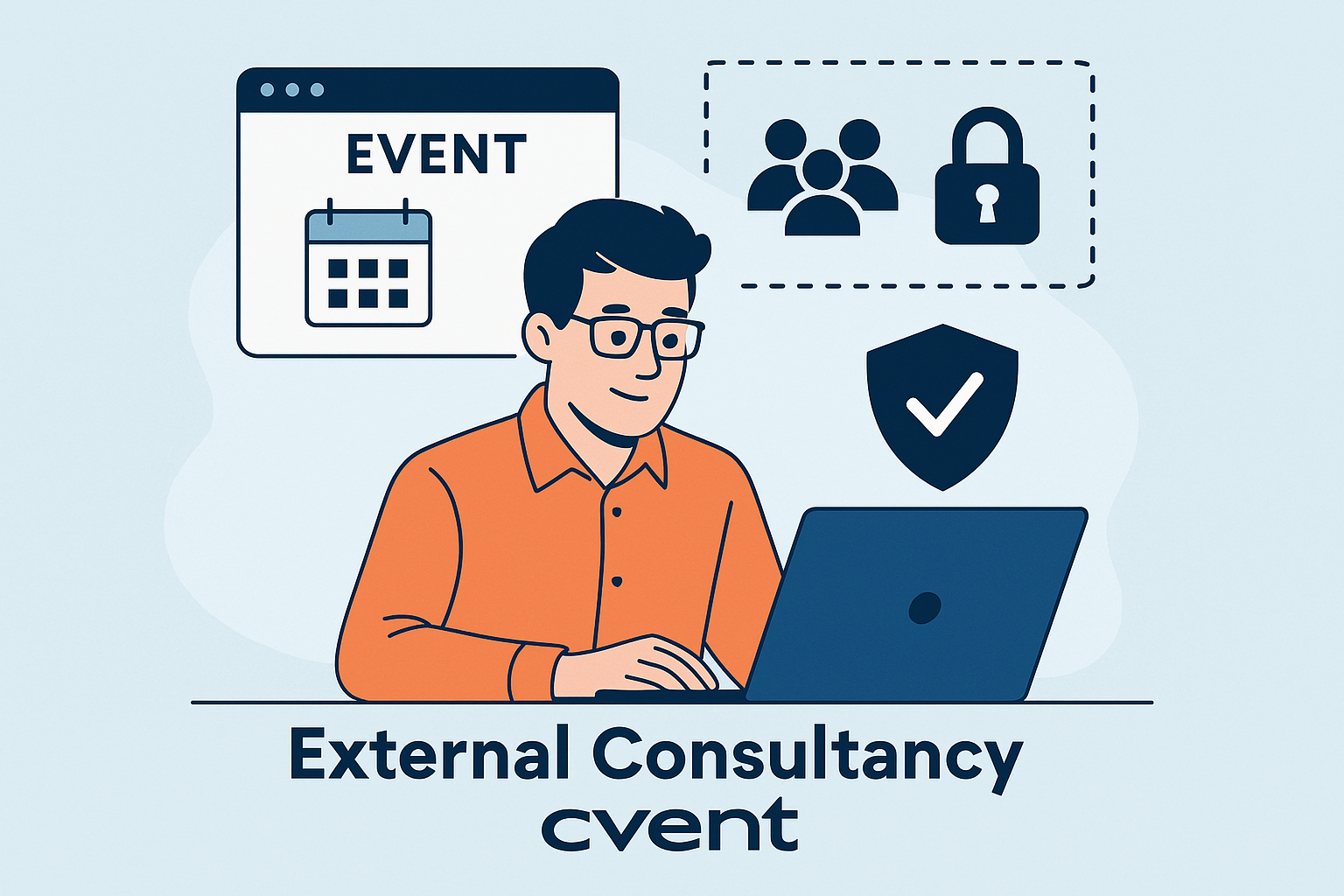Aski anyone who has been a CRM Admin, and they will tell you that they ‘just’know’ when their CRM system is in good health. The will tell you:
- Users are using the platform.
- Pages are neat and tidy, without too many unnecessary fields.
- Leads and opportunities are being added at a good rate.
- Users are complaining
But how do you really know how your CRM system compares to other CRM Systems? CRM Benchmarking helps you compare your CRM system’s current state against other CRMs on an industry, org-size, or regional basis.
To start benchmarking your CRM system against others, you have a few options.
- Purchase an industry benchmark – publishers will sell you a set of standards gathered from talking with other CRM-using firms. These numbers can be used as a benchmark for your firm. Typical benchmarking numbers will include:
- Number of contacts added by a salesperson in a year
- Number of opportunities won by a salesperson in a year. This will obviously differ from sector to sector, but it helps identify if your users are only adding won opportunities. The business will only learn if it has information to identify where opportunities are being lost.
- Ratio of Leads added to purchases.
- Hire a CRM Consulting specialist – consultancies with the right experience can be given access to your CRM to have a look under the hood. The consultancy can then give their opinion based on results from other firms they have worked with. Typically the consultancy will create a business report for you highlighting the strengths and weaknesses of your CRM system, with guidance on how you can improve your CRM’s performance.
- Hire CRM staff from other firms – new joiners to your CRM team, who already have CRM experience, are in a great position to tell you how your CRM system compares with CRM systems they are have used previously. What worked well in previous systems? What doesn’t work so well in the new CRM? Ask new joiners to jot down things they notice (regardless of how large or small) that should be reviewed. Review the feedback as a team and create a plan for developing any agreed improvements.
- Ask your users – user feedback is incredibly valuable, especially if you ask users how their current CRM compares to other CRM systems they have used at previous firms or organisations. Some of the most valuable insights have come from end users who have used CRMs elsewhere, and who can highlight areas of improvement. This internal benchmarking is something that can be done on a regular (annual?) basis with little time and expense required.
Keep the feedback loop open at all items. External (consulting services) and internal (colleague feedback) benchmarking will drive big improvements in your CRM for many years to come.






Leave a Reply